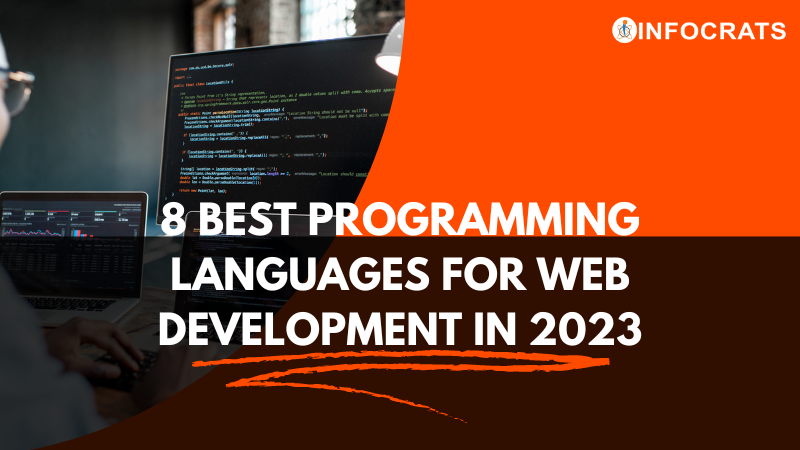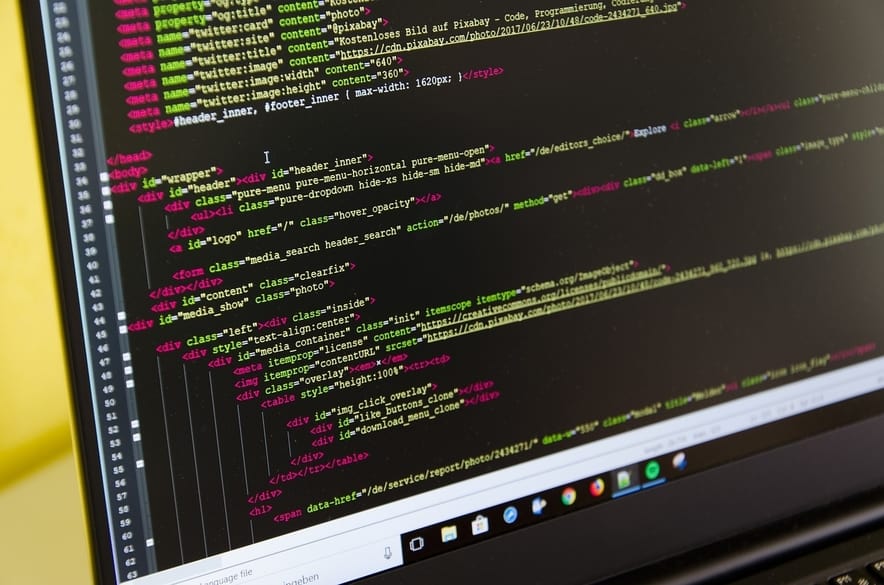In today’s digital age, having a strong online presence is crucial for businesses and individuals alike. Whether you’re running a small blog, an e-commerce store, or a corporate website, the right Content Management System (CMS) can make all the difference in how effectively you manage and present your content. If you’re in India and looking for web development services to create or revamp your website, you’ve come to the right place. In this blog, we’ll guide you through the process of selecting the perfect CMS for your web development project.
Why a Good CMS Matters
Before diving into the selection process, let’s understand why a CMS is so vital for your website:
- Ease of Content Management: A CMS makes it simple for you to create, edit, and organize content without needing extensive technical skills. This empowers you to keep your website fresh and up-to-date.
- Customization: Different CMS options offer varying levels of customization, allowing you to tailor your website’s design and functionality to meet your specific needs.
- SEO-Friendliness: Many CMS platforms come equipped with SEO tools and plugins that can boost your website’s search engine rankings.
- Security: A good CMS ensures the security of your website, helping protect it from vulnerabilities and cyberattacks.
- Scalability: As your website grows, you’ll need a CMS that can handle increased traffic and content. A scalable CMS can save you the headache of migrating to a new platform later.
Now, let’s explore the steps to help you make the right CMS choice for your web development project:
- Define Your Goals and Needs
Start by clearly defining your website’s goals and requirements. Ask yourself the following questions:
What is the primary purpose of your website?
Do you need e-commerce functionality?
Will you be regularly publishing content like blogs or news articles?
How much technical expertise do you or your team have?
Understanding your needs will narrow down your options and make the selection process smoother.
- Consider Your Budget
Budget plays a crucial role in choosing a CMS. While many CMS platforms are free and open source, others come with licensing fees and additional costs for plugins and themes. Make sure to assess your budget realistically and choose a CMS that aligns with it.
- Explore Available CMS Options
There are numerous CMS platforms available, each with its own strengths and weaknesses. Some popular options include:
- WordPress: Ideal for bloggers and small to medium-sized businesses, WordPress is user-friendly, highly customizable, and boasts a vast community of developers and plugins.
- Joomla: A robust and flexible CMS, Joomla is suitable for larger websites and offers extensive customization options.
- Drupal: Known for its scalability and security, Drupal is favored by enterprises and organizations with complex websites.
- Magento: If you’re running an e-commerce store, Magento provides powerful features for online retail.
- Evaluate User-Friendliness
Consider how easy it is to use the CMS. An intuitive interface can save you time and frustration in the long run, especially if you’re not a tech expert.
- Review Security Features
Security is paramount for any website. Look for CMS platforms that provide regular updates, security patches, and strong user authentication methods to protect your website from threats.
- Check for Scalability
Think about your website’s future growth. Will the CMS be able to handle increased traffic and content without a hitch? Scalability is essential for long-term success.
Read this blog also: https://www.infocratsweb.com/picking-the-right-programming-language-for-web-development/
- Examine SEO Capabilities
SEO is crucial for visibility in search engines. Ensure that your chosen CMS offers SEO-friendly features or allows for easy integration with SEO plugins.
- Seek Mobile Responsiveness
With the increasing use of mobile devices, your website must be mobile-responsive. Ensure that the CMS you choose provides responsive themes and templates.
- Test Support and Community
A strong community of users and developers can be a lifesaver when you encounter issues. Check for active forums, documentation, and customer support options before finalizing your decision.
- Consider Additional Services
Finally, if you’re in India and looking for web development services, consider hiring a professional web development agency like ours. We have the expertise to help you select the right CMS, customize it to your needs, and create a stunning website that drives results.
- Assess Hosting Requirements:
Consider your hosting needs when choosing a CMS. Some CMS platforms have specific hosting requirements, and you’ll want to ensure that your web hosting service in India can accommodate these. Factors to consider include server resources, scalability options, and the ability to handle website traffic effectively. Discuss hosting options with your web development providers in India to ensure seamless integration between your CMS and hosting environment.
- Content Migration and Data Backup:
When transitioning to a new CMS or revamping an existing website, you’ll likely need to migrate content from your old platform. Make sure the CMS you choose offers smooth content migration tools or services, especially if you have a substantial amount of content. Additionally, prioritize data backup solutions to safeguard your website’s content and settings. Reliable data backup is essential to prevent data loss during updates, security incidents, or technical issues.
- Evaluate Third-Party Integrations:
Consider the third-party integrations you may require for your website. Whether it’s integrating with payment gateways, social media platforms, email marketing tools, or analytics services, the CMS should support these integrations seamlessly. A CMS that can readily connect with essential web services and tools will enhance the functionality and efficiency of your website. Discuss your integration needs with your web development service provider in India to ensure a smooth implementation process.
In conclusion, choosing the right CMS is a crucial step in the web development process. Take the time to assess your needs, explore your options, and consider factors like budget, user-friendliness, security, scalability, and SEO capabilities. And if you’re in need of web development services, don’t hesitate to hire experts who can bring your vision to life.
Contact us today for your web development project. We’re here to help you make the best choice for your website’s success.



